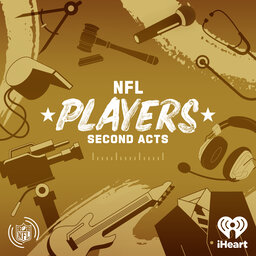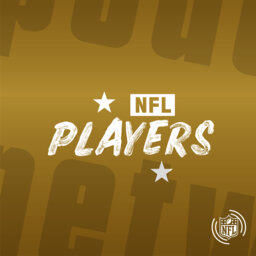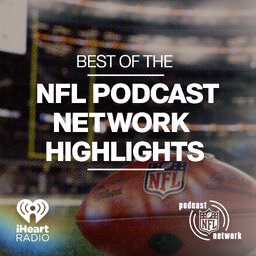Rodney Peete talks choosing the NFL over MLB, overcoming alcoholism, Autism Activism
On the latest NFL Players: Second Acts podcast, former USC legend and 16-year veteran quarterback Rodney Peete joins Peanut and Roman. Rodney discusses what it was like being runner-up to Barry Sanders in the Heisman Trophy race then becoming his teammate the next season with the Detroit Lions. Rodney carved out a respectable NFL career, but he talks about why he almost passed on the NFL to purse a career in Major league Baseball. Rodney then talks about his struggles coming to terms with the end of his football career, despite having a second act in media lined up after retirement. Rodney later reflects on his initial denial of his son’s autism diagnosis to becoming an avid activist for the cause with his wife Holly Robinson Peete. All this, and more, in a conversation you don’t want to miss.
In 3 playlist(s)
NFL Players: Second Acts
On the NFL Players: Second Acts podcast, former All-Pro Charles “Peanut” Tillman and former Pro Bowl…Social links
Follow podcast
Recent clips
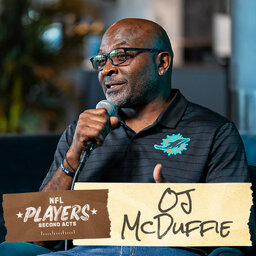
O.J. McDuffie talks Making History with Dan Marino, How Joe Paterno & Penn. St. Shaped Him, How Friendships Helped Ease His NFL Transition
48:42
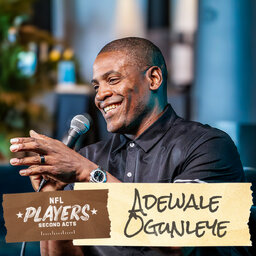
Adewale Ogunleye talks being “saved” by Peanut, Super Bowl XLI, The Deal that Changed His Life, His Work with Athletes on Building Wealth
53:01
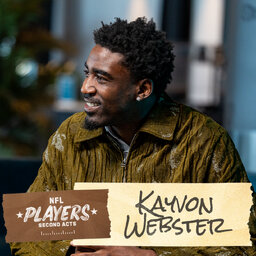
Kayvon Webster on Broncos No Fly Zone Dominance, How His Food Trucks Served Frontline Workers During the Pandemic
39:05
 NFL Players: Second Acts
NFL Players: Second Acts